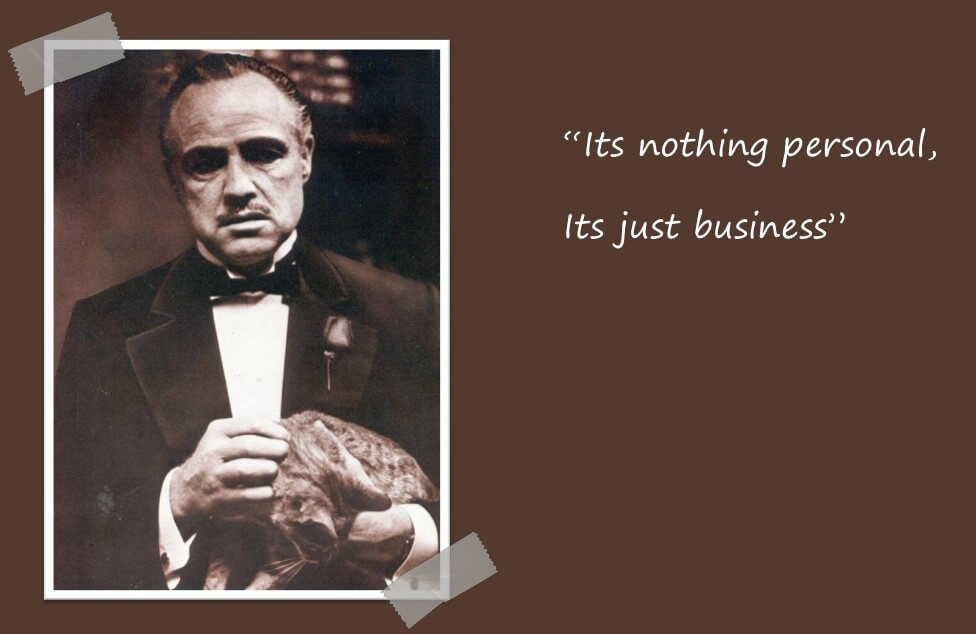The cryptocurrency market does not follow the rules of technical and fundamental analysis. Only psychology works here. Who will be the strongest: institutional investors, agitating markets with capital, or private investors, who know how to generate profits from these short-term price changes. The psychological patterns of cryptocurrency movements can form the basis for successful strategies. You will learn from this article how to develop a psychological strategy for operating cryptocurrencies.
Psychology of Operation
Cryptocurrencies make up a market that grows day by day. Following the announcement of BTC futures to begin trading at CBOE and CME, bitcoin increased from $12,000 to $17,000, breaking the 60% level of capital in the entire market. Other cryptocurrencies are also growing fast; total market capital grew more than 30% over two weeks, reaching the level of $500 billion. Such a rise attracts more and more traders to this market, who immediately face the need to choose a correct strategy.
It is possibly difficult to make predictions for cryptocurrency with technical analysis, so trading strategy indicators are not relevant here. The market is today immature to use indicators in historical periods. Sometimes it is possible to follow the formation of graphic figures (patterns), but quotes are often unpredictable. One can apply fundamental analysis, but even so, the movement of price is difficult to predict. For example, bitcoin, following news about the futures release, is constantly rising with moderate fixes. IOTA, following positive news from developers in late November, grew 2.5 times over a week, but then fell 40% in just one day, from $5.48 to $3.11.
Operating with fundamental analysis is complicated by several factors. First, there is no economic calendar. Second, there is no knowledge about how the news will influence quotes. Example: deep drop followed by a rise in the price of bitcoin after canceling Segwit2x; investors did not understand at first how to interpret the news. The cryptocurrency market is driven by private and institutional investor psychology. That’s what used to be used to develop a trading strategy.
Psychological Strategy
Most cryptocurrencies continue to increase the price fast, fewer and fewer investors want to set the profits. More and more traders invest in cryptocurrencies, but reserves are declining. In some markets, the margin is 20-25% and transaction fees make trading flat. First, it seems to be one more bubble. Institutional investors deliberately push the price up, aiming at a market explosion after setting positions.
Some considerations about how to make money with cryptocurrencies:
Study the amount of market demand and provisions. Don’t do long-term operations as you can reverse the market trend. If we have an order that will cover more than 20% of the total market volume it is better not to invest. A trader’s goal is not to create profits in the temporary growth of an unpopular currency with low liquidity. The trader’s goal is to minimize risks. Diversify risks. Fiduciary inflow is not as significant as it used to be. Money flows from one cryptocurrency to another.
There is a similar situation when Segwit2x was canceled. Then, after the collapse of the BTC, the BCH ratio immediately increased. Analyze the correlation of cryptocurrencies and study the currencies with inverse relation (e.g., BTC and ECH). If we find a growing market, you will win anyway; if you transfer from one currency to another, you will insure against potential losses.
Buy cheap. The cryptocurrency market is highly volatile. A 20%-25% asset drop is considered normal, so buy when the price is being corrected. If a currency falls more than 30%, then investors will not trust it. Study the volume of trading in markets. You can do it in market sections on the Coin Market Cup website. If trading is not equally assigned, there is a significant excess of trading volume in a single market, which could indicate that someone is deliberately raising the price of a cryptocurrency by creating an expectation around a currency to raise its price and then sell the asset at a higher price.
Don’t go into the market that’s going too high. A rapid rise (20%-25% per day) compared to the previous day may indicate that the rise is speculative and is likely to be followed by a prompt correction. The same was with IOTA and Ripple. Don’t get carried away by ordinary emotions. Communication forums are useful for Forex but not for the cryptocurrency market, where everything is unpredictable. By joining the overview you can get caught by big investors, who use rumors as a tool to manipulate.
Ignore the time corrections. However, cryptocurrency price charts seem like a Ponzi scheme and the goal of traders is to withdraw money in due time, there is no reason for the cryptocurrency market to collapse. For example, analysts predict that bitcoin will break the $20,000 level and grow more.







